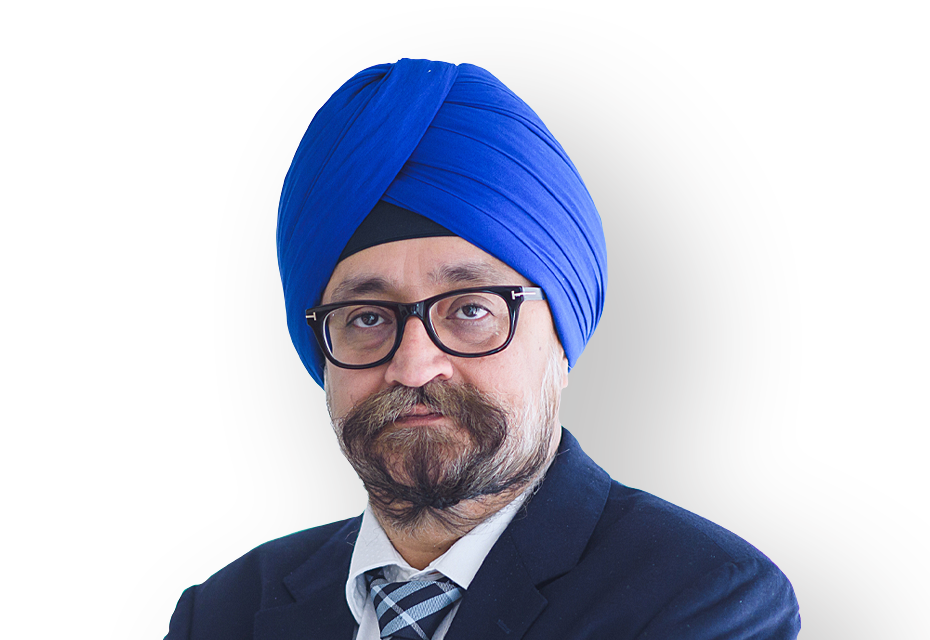Insights
National education policy: 3 years of transforming education
September 21, 2023The National Education Policy 2020 (NEP) recently completed its third anniversary. NEP was brought with an aim to promote overall development of students and endorsed innovative ideas, policies, and schemes, with its focus mainly on – school education and higher education. The idea behind promulgation of NEP was in line with the Sustainable Development Agenda of 2030 to “ensure inclusive and equitable quality education and promote lifelong learning opportunities for all”.

School Education
With respect to school education, one of the goals of NEP was to ensure universal access and quality education to all children at all levels of schooling. NEP proposed introduction of a new structure of 5+3+4+4, instead of the old 10+2 in schools for holistic development of students. Further, NEP proposed the promulgation of various measures, inter-alia, setting up of National Mission on Foundational Literacy and Numeracy (FLN), a National Curriculum Framework, reforms in school curricula etc., for the overall learning and development of the students.
As of mid-2023, the Government has introduced several schemes to fulfil the objectives under NEP, inter alia, including PM Shri (PM Schools for Rising India), a scheme for inclusivity of all children at all levels of schooling, wherein recognised schools aim to impart education and skills for cognitive development. A total of 6448 schools have been selected across various states under this scheme. 1 NIPUN Bharat is another initiative to ensure that every child achieves foundational literacy and numeracy by Grade 3. To give impetus to this scheme, Vidya Pravesh and Nishtha FLN have been implemented in nearly 30 states across India. 2 Further, National Curriculum Framework for Foundational Stage was released by the government in October 2022, which is now integrated within the National Curriculum Framework for School Education 2023, released in August 2023. This is the first integrated curriculum framework for children between ages 3-18 and is a direct outcome of the 5+3+3+4 structure that NEP envisaged for school education. Other initiatives include NDEAR (National Digital Education Architecture), PM e-VIDYA, ULLAS application, etc., introduced to attain digital transformation. Another major document is the Model Code 4.0 for Self-Financed Independent Schools, which aims to regulate the operation of existing, and establishment of new, self-financed schools; the same was unveiled by the Sec. School Education and Literacy, MoE, GoI in the FICCI ARISE conference in December 2022.
Read More+
Higher Education
As regards higher education, one of the most prominent steps introduced by NEP was to allow access to multiple entry and exit system (MEES) in the courses offered by universities. The aim was to allow more choices and flexibility to individuals, which also included internationalization of higher education by allowing access to foreign students to come and study in India, and give access to Indian students to go and study abroad. Other aspects of NEP being- promoting online and distant learning, enhancing technology education, promoting regional languages in Higher Education Institutions (“HEIs”), etc.
In the past three years, the government has successfully initiated and introduced various regulations, guidelines, and schemes in furtherance of its objectives as regards higher education, some of which are discussed herein. With the aim to provide a common platform to get admission in all universities, UGC has introduced Common University Entrance Test from 2022-23. 3 Further, in line with the goal of internationalization of higher education, the UGC (Academic Collaboration between Indian and Foreign Higher Educational Institutions to offer Twinning, Joint Degree and Dual Degree Programmes) Regulations, 2022, provide an opportunity for foreign universities to enter the Indian education sector and offer recognised foreign degrees, and allow individuals to pursue their courses by arrangements of twin, joint or dual degrees with HEIs and foreign education institutions. Additionally, to achieve the commitment of empowering HEIs and enhancing access to affordable high-quality education, UGC has so far recognised a total of 12 institutions as ‘Institutions of Eminence’. 4 UGC also came up with Guidelines for Multiple Entry and Exit in Academic Programmes offered in Higher Education Institutions in 2021, with the objective to allow flexibility in course choices in higher education, wherein assessment is based on assigned credits. In pursuance of this, universities have started making changes to their offered courses, for instance, IIT Delhi has started to offer options wherein a PhD student can graduate with a Master’s of Science (Research) or a student of Master of Technology or MBA can exit with a Postgraduate Diploma of IIT (DIIT), etc. 5 Further, UGC introduced a Curriculum and Credit Framework for Undergraduate Programmes; and to this effect, Delhi University came up with changes to its undergraduate curriculum, which were implemented from 2022-23.
The implementation of NEP has achieved a promising start, with the government coming up with numerous schemes and legislations in the last 3 years. If implemented in true letter and spirit, NEP can lead India to be a global knowledge and education hub. It is noteworthy to mention that in order to ease the process of NEP implementation, the government has introduced ‘SARTHAQ’ – “Students’ and Teacher’s Holistic Advancement through Quality Education”, a phased plan which focuses on defining the roles, activities, agencies and outcomes for NEP implementation, which is proving to be a great help to the States and Union Territories. It would be interesting to see how the NEP implementation unfolds in the future.
This article was originally published in Financial Express on 21 September 2023 Co-written by: Inder Mohan Singh, Partner; Sargam Marwaha, Senior Associate; Rithika Mathur, Associate. Click here for original article
Read Less-
Contributed by: Inder Mohan Singh, Partner; Sargam Marwaha, Senior Associate; Rithika Mathur, Associate
Disclaimer
This is intended for general information purposes only. The views and opinions expressed in this article are those of the author/authors and does not necessarily reflect the views of the firm.


